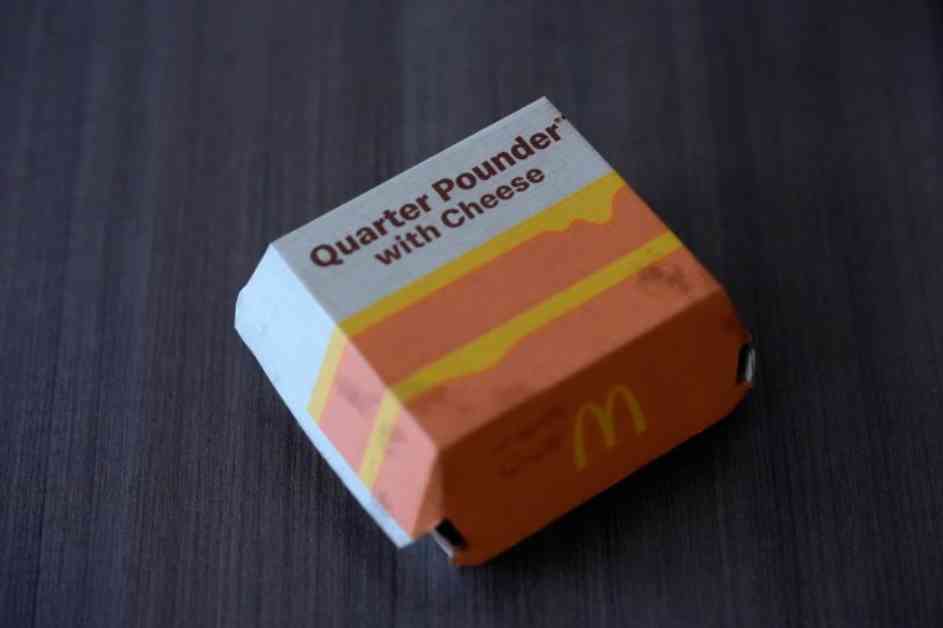McDonald’s recently announced that they will be serving Quarter Pounders again at many of their restaurants after ruling out beef patties as the source of the E. coli outbreak linked to the popular burgers. The outbreak resulted in one death and sickened at least 75 people across 13 states.
The U.S. Food and Drug Administration believes that slivered onions from a single supplier are likely the cause of the contamination. McDonald’s will resume selling the Quarter Pounder at affected restaurants, but without the slivered onions. The outbreak has affected 75 people in 13 states, with 22 hospitalized and two developing a severe kidney disease complication. Tragically, one person has died in Colorado.
The FDA initially identified uncooked slivered onions used on the burgers as a probable source of contamination. McDonald’s confirmed that Taylor Farms, a California-based produce company, was the supplier of the fresh onions used in the affected restaurants, sourced from a facility in Colorado Springs. The Quarter Pounder was removed from menus in states mostly in the Midwest and Mountain regions when the outbreak was first announced.
McDonald’s has stopped sourcing onions from Taylor Farms’ Colorado Springs facility indefinitely and removed the slivered onions from its supply chain. Testing conducted by the Colorado Department of Agriculture cleared beef patties as the source of the outbreak. Taylor Farms has recalled yellow onions from its Colorado facility and is cooperating with health authorities in their investigation.
While it remains uncertain if the onions were the exact source of the outbreak, other fast-food chains like Taco Bell, Pizza Hut, KFC, and Burger King have also removed onions from certain menu items in specific areas. Colorado reported the most illnesses, followed by Montana, Nebraska, New Mexico, and Utah.
McDonald’s has not pulled the Quarter Pounder from any additional restaurants aside from the affected ones. Some cases in states outside the original region were linked to travel, with a few individuals reporting eating at McDonald’s during their trips. The outbreak involved E. coli 0157:H7, a bacteria strain that produces a harmful toxin leading to thousands of infections and dozens of deaths annually in the U.S.
Symptoms of E. coli poisoning can manifest quickly after consuming contaminated food, including fever, vomiting, diarrhea (sometimes bloody), and signs of dehydration. This infection poses a higher risk to young children, the elderly, pregnant individuals, and those with weakened immune systems. It is crucial to seek medical attention if experiencing these symptoms.
In conclusion, McDonald’s is taking steps to address the E. coli outbreak and ensure food safety at its restaurants. Consumers are advised to stay informed about food recalls and outbreaks to protect themselves and their families from foodborne illnesses.


